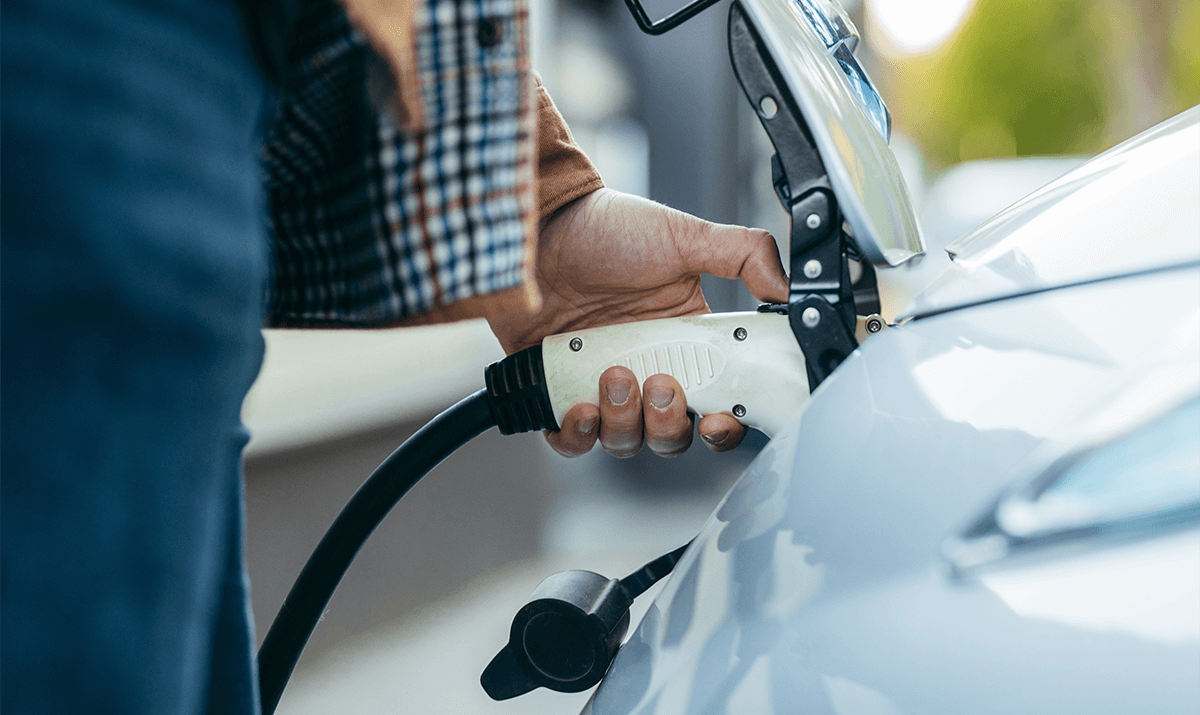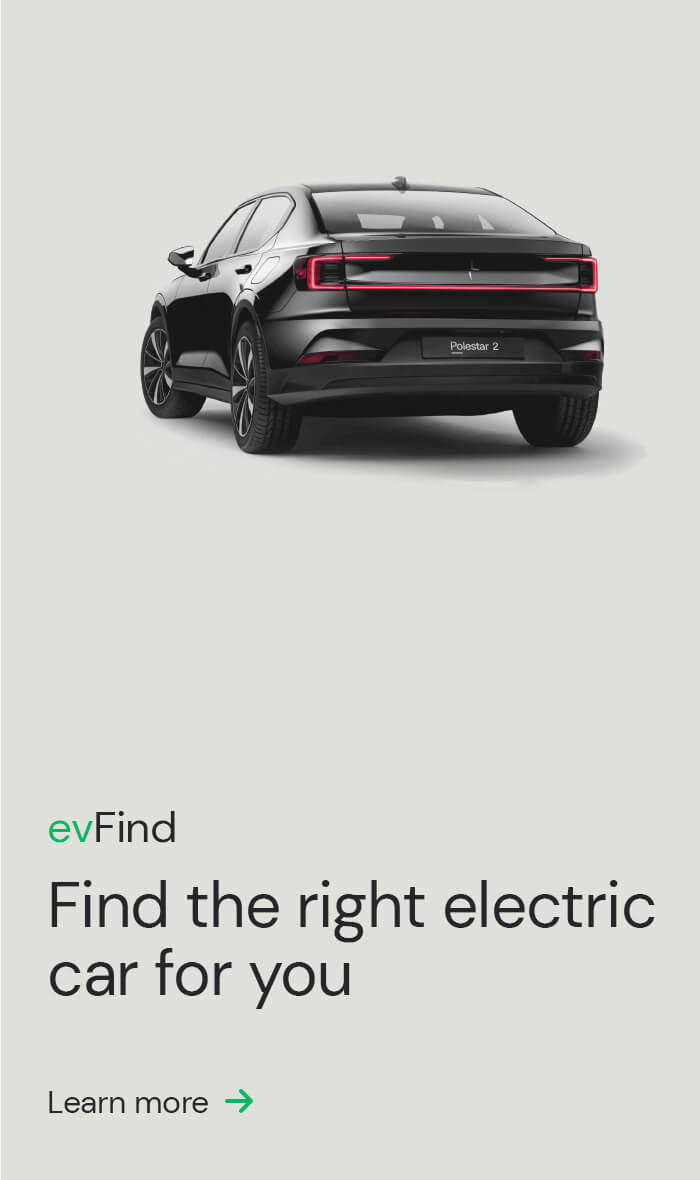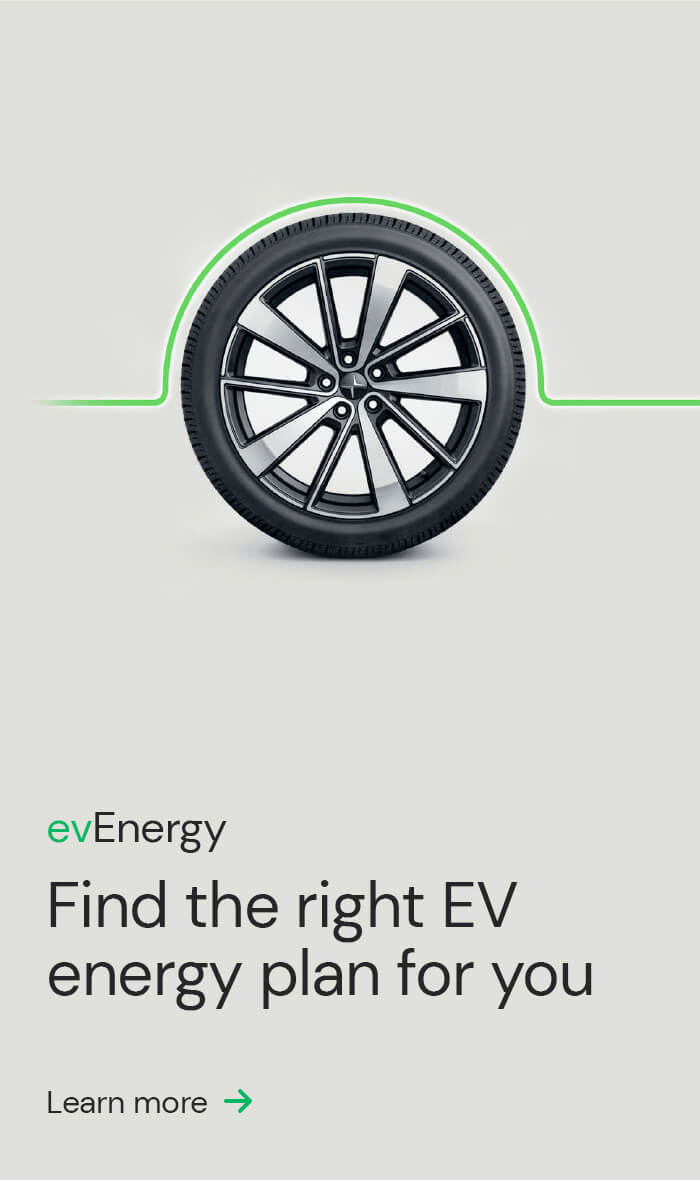The beating heart of every electric car is its battery. A remarkable piece of technology, the battery plays a key role in determining the car’s power, range and overall capabilities. Depending on the design and specifications of EV models, their lithium-ion battery packs can have varying voltage levels.
If you’re considering an EV, it’s important to be aware of the battery voltage, as it can influence factors such as performance, charging speed and component compatibility.
What voltage are electric car batteries?
The voltage represents the strength of the electrical “push” that propels electrons through the battery cells and the car’s electric drivetrain. When it comes to EV batteries, the higher the voltage, the more high-performance the car. A more powerful battery will deliver faster power to the electric motor, resulting in rapid acceleration.
Typically, EV batteries are 400-volt or 800-volt. As an example, a smaller EV like the Nissan Leaf hatch has a battery voltage of 403.2V, while a larger Porsche Taycan’s battery is 800V.
The specific voltage of an electric car battery pack is determined by several factors, including the battery chemistry, the arrangement and configuration of individual battery cells within the pack and the design choices made by the automaker.
One important point to remember is that the voltage of an EV lithium-ion battery pack is not the same as the lead-acid battery-powered electrical system in the vehicle. The electrical system in the vehicle is usually 12V for standard automotive components like lighting, infotainment and accessories. EVs have a DC-DC converter that steps down the high voltage of the main battery pack to power these components.
In what ways does the battery voltage affect the EV’s performance?
Battery voltage affects how quickly an EV can charge. For instance, EVs with 800V battery packs will charge twice as fast as 400V ones. Level 2 AC home charging cables usually charge around 240V, while public Level 3 DC charging stations have a powerful 480V.
Speedy charging isn’t the only benefit, however. Battery voltage can affect the effectiveness of the car’s regenerative braking. A higher voltage system allows for more efficient energy recapture during braking, which can extend the driving range of the EV.
Surprisingly, a higher battery voltage may contribute to a lower overall vehicle weight and operating temperature. A higher voltage generates a lower current. Not only does this mean the cooling system doesn’t have to work as hard, certain components such as wiring and inverters can also be smaller, resulting in a lighter, more efficient ride.
What should I consider with the battery voltage when buying an EV?
Consider your budget. A higher voltage battery will feature in more luxurious, top-spec models, whereas entry-level EVs will have a lower one. Assess how the voltage level aligns with your driving needs and preferences. Do you plan on long journeys with the need to recharge quickly mid-journey?
Also, ensure that the EV’s voltage level is compatible with the home charging infrastructure you plan to use. Different chargers may have voltage requirements, and variations can affect charging speed.
Summary
- An EV’s lithium-ion battery pack voltage represents the strength of the electrical “push” that propels electrons through the battery cells and the car’s electric drivetrain.
- EV batteries are typically 400-volt or 800-volt.
- The higher the battery voltage, the faster the EV can charge, the more energy it can capture during regenerative braking, and the lighter the weight of the car.
- When researching EV models, choose one with a battery voltage that aligns with your budget, driving needs and planned charging set-up.
Are you considering making the switch to an electric vehicle? ActewAGL can help you effortlessly find, finance and charge your EV. Discover how ActewAGL can support your transition to sustainable driving today. Find out more here.
Sources
https://www.lithium-power.com.au/product/nissan-leaf-24kwh-complete-battery-g1-/33
https://media.porsche.com/mediakit/taycan/en/porsche-taycan/die-batterie#



